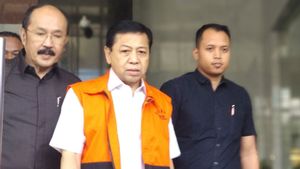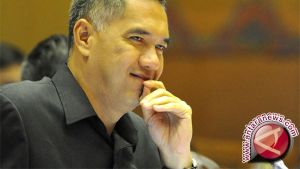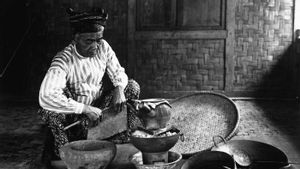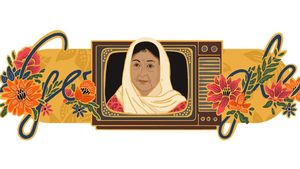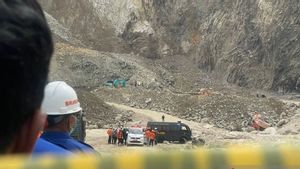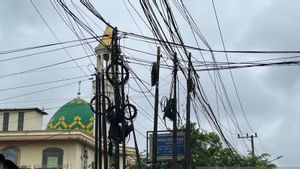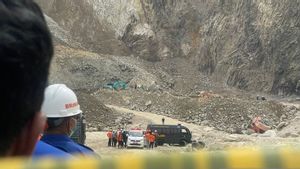JAKARTA History today, 33 years ago, February 1, 1991, South African President Frederik Willem (FW) de Klerk became a key figure in removing apartheid politics. He announced that he would remove all legal products that legalize racist policies that exist.
Previously, apartheid was known as a racist policy that regulates cases of racial, white and black division. Anyone who is black will be placed in the lowest strata. Everything is to maintain the supressation of white races in South Africa.
Racism was once the most painful part of colonialism. In South Africa, for example. Racist white people who gathered themselves in the African National Party wanted to take Africa in a new direction in 1948.
They later declared South Africa a white country. The narrative makes other race groups 'black skin' have no rights as citizens. Their human rights are violated, even they are treated inhumanely.
The policy was later known as apartheid politics. The presence of apartheid injures black people all over South Africa. They are not considered equal. Even though there are white people who try to apply black people the same.
Problems arise. The white people who do that will be punished for providing education to blacks. Racist treatment was also opposed by black people. They demand the abolition of apartheid politics.
Resistance to apartheid has emerged everywhere. In fact, South African black groups chose association, including Nelson Mandela. They participated in condemning racist acts through the African National Congress (ANC).
The white government does not remain silent. The power of attorney moves quickly by turning off the hopes of movement. Those who are considered vocal against apartheid will immediately be arrested and put in prison. In fact, this option actually became the trigger for the increasing number of actions against white power.
An African (primbumi) is prohibited from doing work that requires skills, in the building industry in any city that is for white people. A white person who is several hours a week at his own home uses his time to teach his black servant to read, is considered guilty of committing a crime.
"Anyone who provides special education for disabled African children, without the approval of the Minister of Education, is found guilty of committing a criminal act. Permits will not be given to white orchestraes to accompany a choir of Africans holding performances, even though white spectators with black ones have been separated," wrote Tempo magazine report entitled Crime According to Appartheid (1976).
apartheid policy also lasted a long time. The resistance from black people is getting more massive. However, the sound of a 'gong' that brought change emerged from a South African President in the 1989-1994 era. FW de Klerk, his name.
His leadership is inversely proportional to the previous South African leader. Even though De Klerk himself is white. His life acted in support of black movement. De Klerk also struggled to remove apartheid policies. He helped free black figure Nelson Mandela from prison.
The action of De Klerk which was later remembered by the world. The action did not stop there. He also installed a body and announced that he would remove all legal products that legalized apartheid policies. He revealed the narrative on February 1, 1991.
That attitude means a lot to black people all over South Africa. The result is jarring. Legal products that legalize apartheid one after another are removed gradually. De Klerk also helped the leader of the struggle prepare for the presidential election and draft a new constitution. His role as one of the key figures in removing apartheid was appreciated by the Nobel Peace Prize in 1993.
SEE ALSO:
Today's President De Klerk is moving to destroy apartheid's legal basis. He announced he would remove the remaining laws that have long been the basis for the ideology of racial discrimination in South Africa.
In a speech opening the 1991 Parliamentary session, De Klerk said the law would soon be enacted to revoke the 1913 and 1936 Land Act, which backs up most state land for white minorities, the 1966 Group Area Act, and the 1984 Black Community Act, which stipulates separate status between whites from black cities, Christopher S.
The English, Chinese, Japanese, Arabic, and French versions are automatically generated by the AI. So there may still be inaccuracies in translating, please always see Indonesian as our main language. (system supported by DigitalSiber.id)



